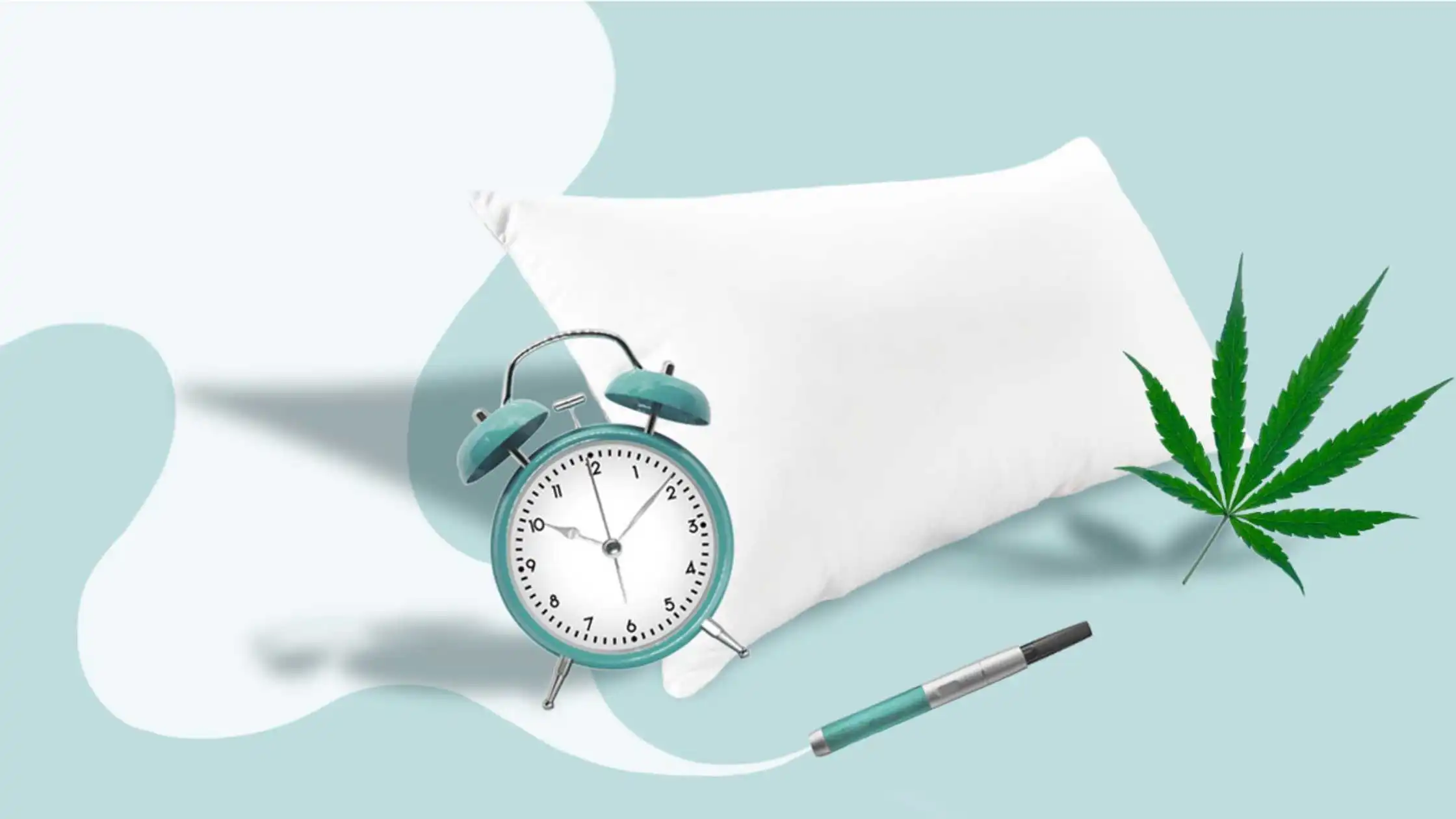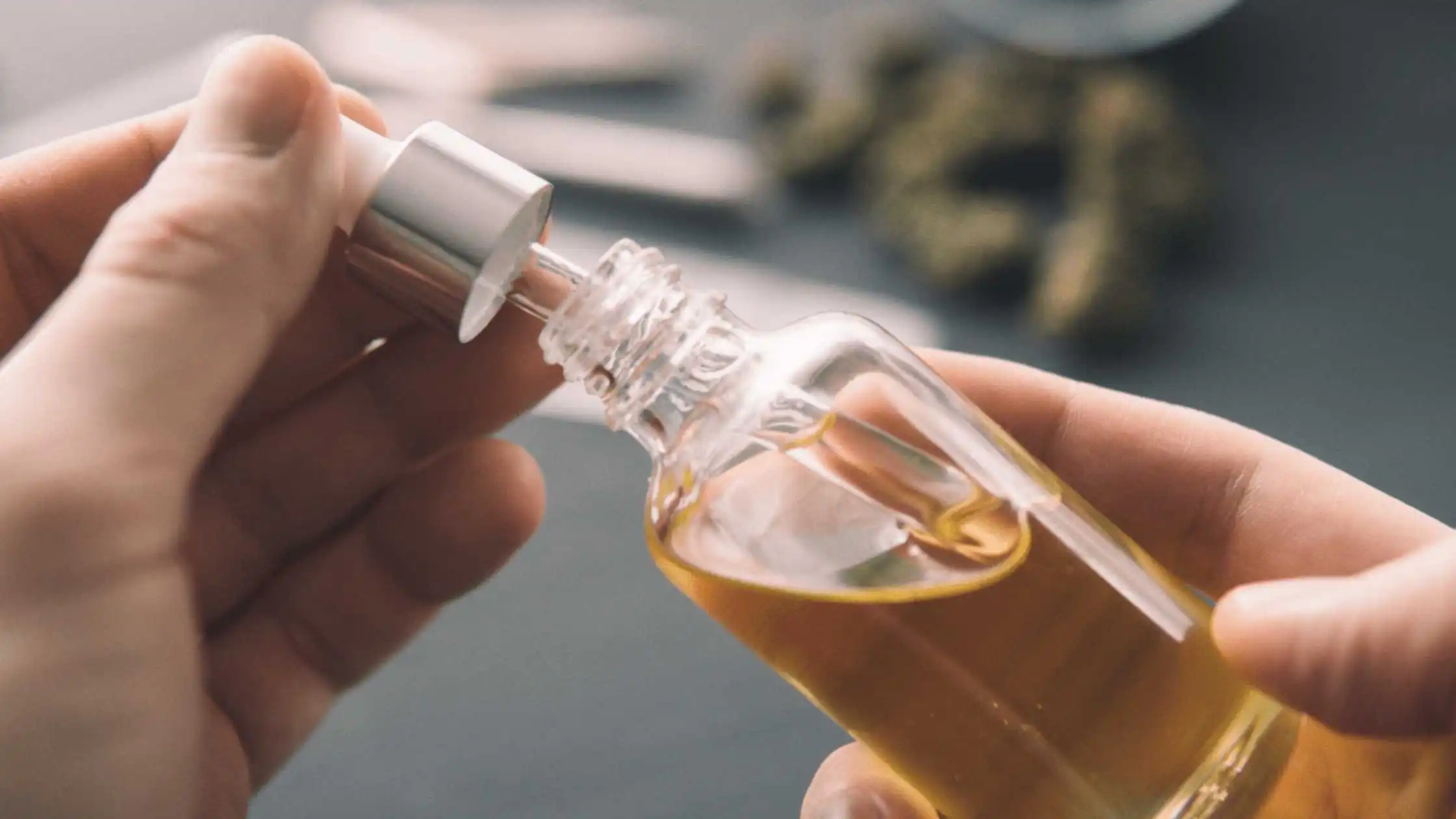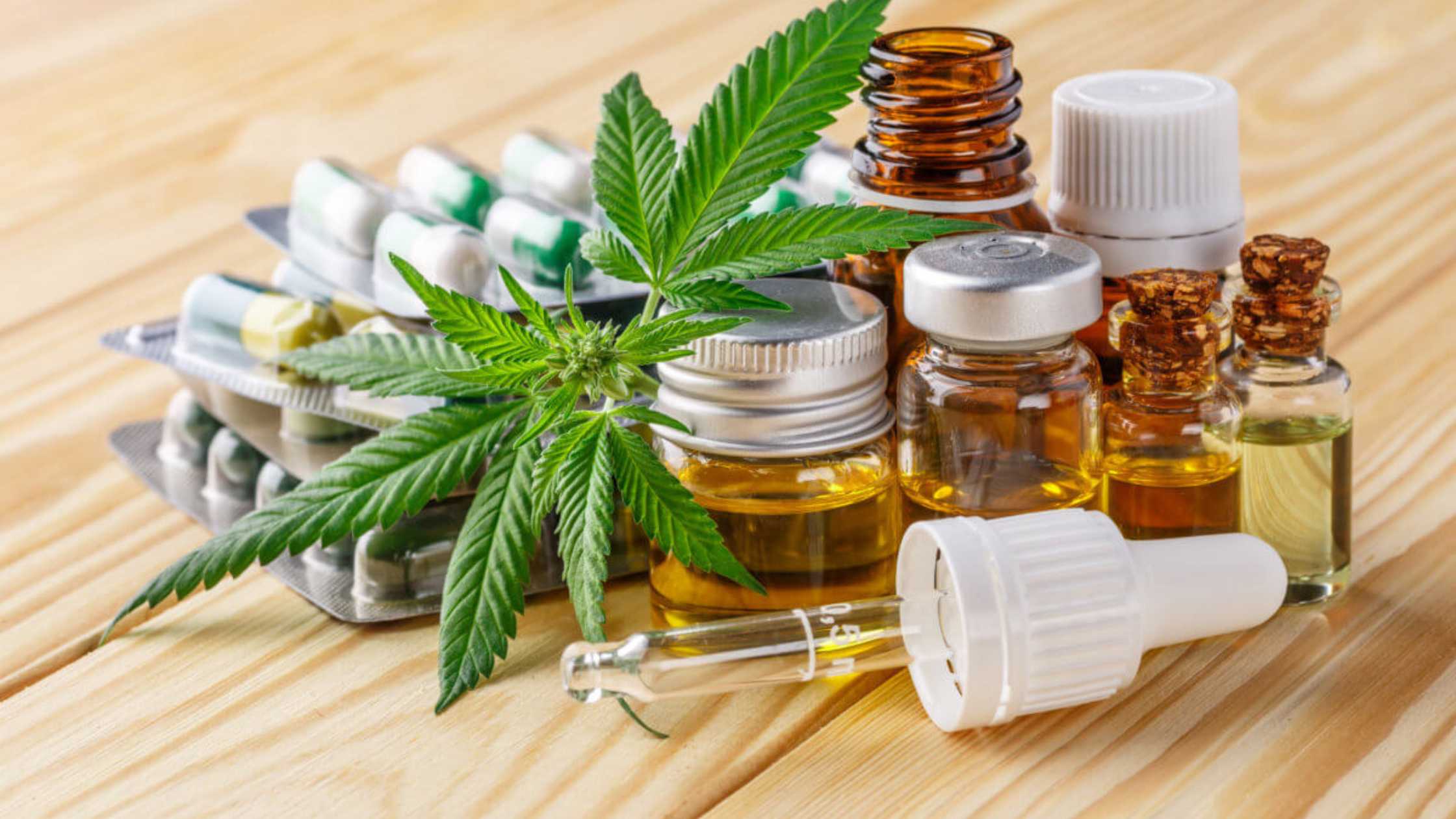Can Cannabis ( Marijuana ) Hemp With Insomnia Pain And Anxiety
We know a good night’s sleep benefits our physical and mental health. In addition to being critical to several vital functions, it positively affects our memory and learning capabilities. Unfortunately, millions of individuals worldwide have difficulty falling asleep or staying asleep.
Insomnia is one of the most common sleep disorders wherein several people struggle to fall and remain asleep. While for some, this is a temporary problem, for others, insomnia can become a chronic issue that detrimentally affects day-to-day life. Sleep deprivation is an ongoing issue which leads to a lack of energy during the day, stress, and inability to stay focused, and can lead to other health issues. Long-term sleep deprivation sometimes triggers problems with blood pressure, immune function, or other health conditions. People battling with insomnia usually try to solve this problem by getting sleeping pills and cutting down on coffee intake; some try meditating or changing their routines.
One great alternative is Full-spectrum CBD oils!
Before we deep-dive into how Full Spectrum CBD Oils or cannabis medication work, let’s get you to understand what Full Spectrum CBD Oils are even!
What is Full Spectrum CBD Oil?
Full Spectrum CBD oil is made from the extract of the Cannabis (Sativa) plant leaf. It contains all 113+ different phytocannabinoids present in the cannabis plant. CBD and THC are the most researched cannabinoids. With natural properties that soothe the mind and body, phytocannabinoids are a game changer for those who have trouble falling or staying asleep.
Okay, now you must be wondering — what are cannabinoids?
The cannabis plant is filled with hundreds of different compounds, called cannabinoids or phytocannabinoids, which have been studied for decades for their therapeutic benefits. Cannabinoids are now used in treatment for a broad and growing range of conditions and symptoms, from sleep, pain, anxiety, inflammation, Parkinson’s disease and chemotherapy side effects. Cannabinoids must interact with many different brain receptors, proteins, and other chemicals. These “interactions” create channels in the activity of neurotransmitters, hormones, and other cells throughout the brain and body. Through these interactions, cannabinoids can affect many bodily functions, such as sleep-wake cycles, emotional regulation, inflammation, pain perception, seizures, and more.
Cannabis — how does it interact with your system to aid healing?
When you use cannabis leaf oil, it interacts with your endocannabinoid system (ECS), a system that helps your body maintain a state of balance and stability, or homeostasis. The endogenous cannabinoid system, the endocannabinoid system (ECS), can be considered the body’s air traffic control centre. It controls physiological processes – including appetite, pain sensation, mood, and memory. Every person’s endocannabinoidbodyperson’sendocannabinoid system.
There are also two types of receptors — CB1 and CB2- found throughout your body.
CB1 receptors are most concentrated in the central nervous system and brain receptors. CB2 receptors are abundant in the cardiovascular, gastrointestinal, and peripheral nervous systems. Cannabinoids communicate with these signal receptors of the ECS to help reduce insomnia and discomfort, activate and regulate neurotransmitters, and even improve mood.
Okay, get to the point. How will Cannabis medication help me sleep?
Cannabis medication isn’t just for muscles and joints anymore; it’ll now be one of your favourite sleep aids! Cannabis oils and cannabinoids like CBN, CBD, CBG, etc., have promoted relaxation and a calmer state to help your mind and body prepare for a solid 7-8 hours of restful sleep.
According to a growing body of research, phytocannabinoids such as CBD may play a role in the growth of new brain cells, a process known as neurogenesis. CBD is also a compound that is widely recognized as having anti-oxidant and anti-inflammatory abilities, making it a promising therapy for a wide range of conditions, from neurological disorders to autoimmune diseases to chronic pain and depression, which are all some of the symptoms of poor sleep.
But when it comes to sleep alone, here’s how phhere’snabinoids present in cannabis oils can naturally heal you:
By regulating cortisol levels: Cortisol, the stress hormone, typically peak in the morning, but people with insomnia may have high cortisol levels at night. Independent of insomnia, having high cortisol levels at night is associated with an increased number of nighttime awakenings. Cannabinoids such as CBD decrease cortisol levels by acting as a sedative.
Reducing anxiety: Cannabinoids also can reduce stress, which can help reduce sleep difficulties and improve sleep quality.
Reducing stress: Cannabinoids also help improve REM sleep abnormalities in people with post-traumatic stress disorder (PTSD).
Balancing the circadian rhythm: In smaller doses, cannabinoids stimulate alertness and reduce daytime sleepiness, essential for daytime performance and the strength and consistency of the sleep-wake cycle.
Reducing REM behaviour disorder: Cannabinoids also help reduce REM behaviour disorder in people with Parkinson’s. Parkinson’s behaviour disorder is a condition that causes people to act out physically during dreaming and REM sleep. Typically, during REM, the body is largely paralyzed, known as REM atonia. This immobilization keeps sleepers from reacting physically to their dreams. In REM behaviour disorder, this paralysis doesn’t occur when people are free to move—which can lead to disruptive sleep and injuring themselves. Cannabis oils also work to reduce pain and improve sleep quality in people with Parkinson’s dParkinson’sentially, when cannabis medication is consumed, it helps to improve:-
- The cause of sleepiness
- Ease anxiety, which enhances the sleep quality.
- Excessive daytime sleepiness- 2017 review: https://link.springer.com/article/10.1007/s11920-017-0775-9(review link)
- Grogginess
- Additionally, CBD may also decrease anxiety and pain, which can interfere with restful sleep.
Case study: Several studies have supported using CBD oil to improve sleep. For example, a case study involving a 10-year-old girl with post-traumatic stress disorder and poor sleep was treated with CBD. A trial of 25 mg of a CBD supplement was administered at bedtime. An additional 6 to 12 mg of CBD was given via a sublingual spray during the day for anxiety. Sleep quantity and quality gradually improved over five months.
CASE STUDY LINK: https://www.ncbi.nlm.nih.gov/pmc/articles/PMC5101100/
Sleep as Self-Care:
We all need self-care. Don’t deny it; I don’t deserve some rest. And not just any rest, better rest. Sleep plays a vital role in maintaining good health and well-being throughout life. It helps protect your mental and physical health and quality of life.
A bedtime routine is essential. Not only does a routine help you get better sleep, it allows the body to relax and prepare for bedtime. You can do several things to aid and maintain a natural sleep schedule. Here are some strategies:
Go to bed and wake up at the same time every day.
Use the hour before bed for quiet time. If you are a reader, that is the perfect time to pick up that fantastic book you’ve wanted to read!
Try to eat your dinner a couple hours before bedtime, that way your body has time to start the digestion process.
Avoid stimulants like caffeine or nicotine before bed.
Get some time in the sun every day and be physically active.
Keep your bedroom quiet, cool, and dark (pitch black is best).
Take a warm bath before bed.
Meditation is a proven method for calming the mind and centering yourself before heading off to rest. Focus on your breathing and let it guide you to a calmer state!
Avoid screen time. The blue light from your smartphone or TV can inhibit your body’s natural responses, so turn your phone off and put it away. Chuck the remote; your body will thank you in the morning.
Total Spectrum CBD Oil: The Sleep Well Cannabis medication is a powerful way to soothe the mind after a long day and help your body unwind to find restful sleep. Check it out here.
Disclaimer: This article is originally published on https://www.healthline.com/health/cbd-for-insomnia





